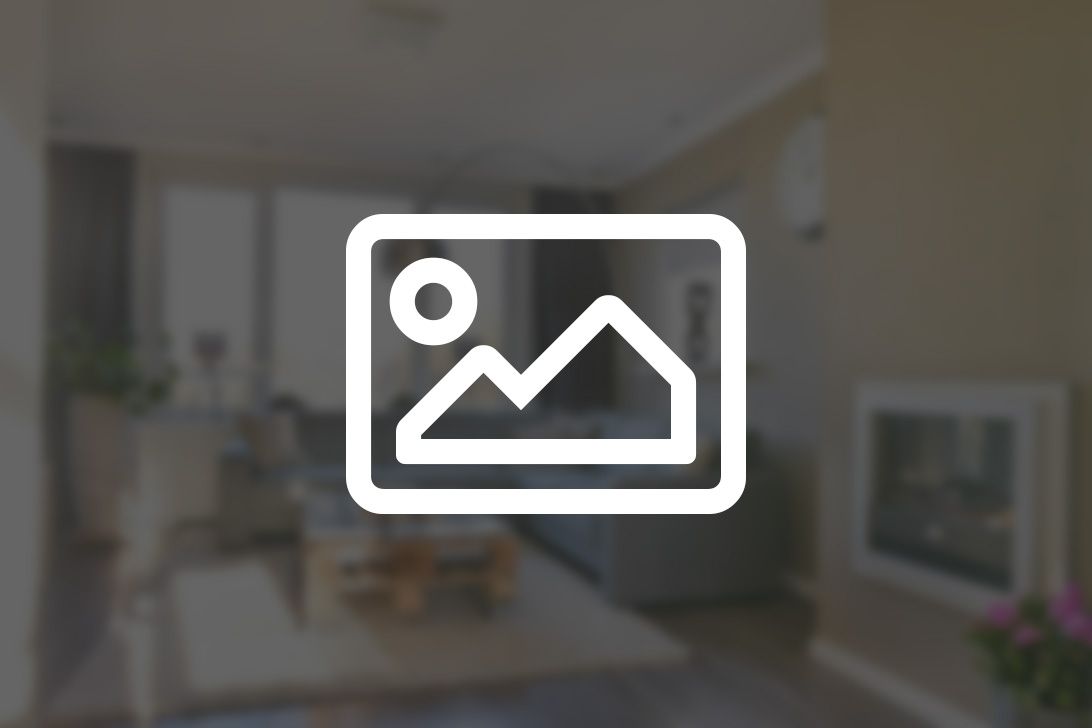Moving to the Netherlands comes with unique cultural surprises, and the housing market is one of them. Dutch homes and the way they’re bought and sold reflect local values like directness, efficiency and sustainability. For expats, understanding these differences makes the buying process much smoother. Here’s what to expect.
1. Directness Is a Key Part of the Process
The Dutch are known for their direct, honest communication style, and this shows up throughout the home-buying experience.
What this means for expats:
-
Clear and straightforward viewings: Agents often give factual, practical information instead of persuasive sales talk.
-
Transparent negotiations: Dutch homeowners and agents appreciate realistic offers and dislike unnecessary back-and-forth.
-
Fast decisions: In a competitive market, sellers expect buyers to act quickly, especially if interest is high.
This directness may feel blunt if you come from a more indirect culture, but it leads to clarity and efficiency during the buying process.
2. Efficiency Shapes How Dutch Homes Are Built
Space in the Netherlands is limited, and the Dutch make the most of every square meter. Homes are designed to be practical, multifunctional and easy to maintain.
Common features you’ll notice:
-
Compact layouts: Rooms are intentionally sized for function, not excess.
-
Smart storage: Built-ins, tall cabinets, and under-stair solutions are common.
-
Multifunctional spaces: A single room often serves multiple purposes (for example, a home office that doubles as a guest bedroom).
Efficiency isn’t just about space — it also reflects the Dutch preference for a tidy, organised home.
3. Sustainability Isn’t a Trend, It’s a Standard
The Netherlands is one of the leading countries in sustainable housing. Energy efficiency is deeply integrated into the building culture.
What expats can expect:
-
Energy labels: Homes come with official energy ratings that influence value and mortgage possibilities.
-
Eco-friendly features: Solar panels, triple-glazing, heat pumps and advanced insulation are increasingly common.
-
Government incentives: Buyers are often encouraged — and sometimes financially supported — to invest in green upgrades.
Sustainability is seen as both a responsibility and a long-term financial benefit, making the Dutch housing market one of Europe’s most eco-aware.
4. Practicality Over Luxury
In many cultures, larger kitchens, expansive hallways or spacious bathrooms are standard. In Dutch homes, the focus is different.
You’ll often find:
-
Functional kitchens built for everyday cooking
-
Smaller bathrooms with efficient layouts
-
Minimal unused space, Dutch design values practicality over grandeur
This doesn’t mean Dutch homes lack charm, rather, the beauty is in the simplicity, smart design and comfort.
5. Community & Neighbourhood Culture
Dutch neighbourhoods tend to be close-knit yet respectful of privacy.
What stands out:
-
Well-maintained streets and communal areas: Dutch people take pride in keeping their surroundings clean and pleasant.
-
Cycling infrastructure: Homes often include storage for bicycles, reflecting the national cycling culture.
-
Quiet residential zones: Noise levels are taken seriously, and respect for neighbours is an important part of the culture.
These elements create a sense of order and calmness that many expats appreciate once they adjust.

